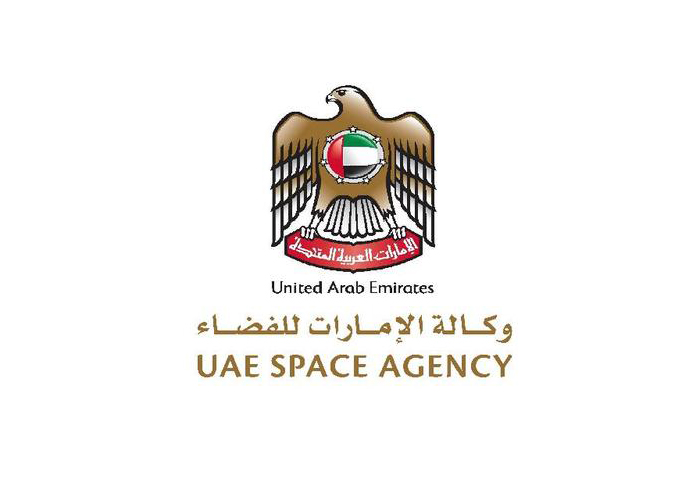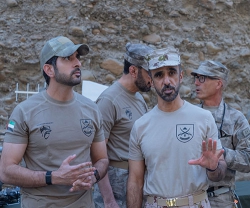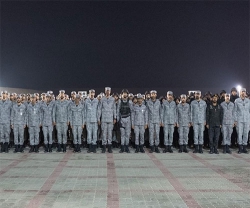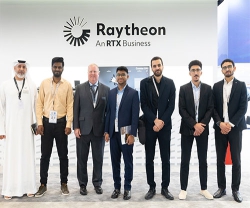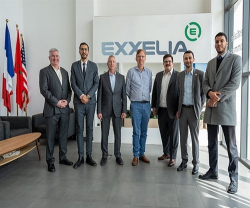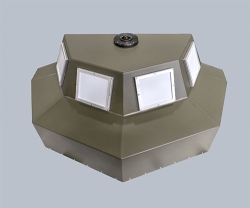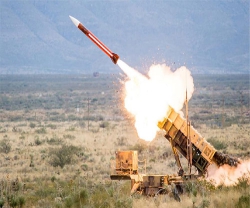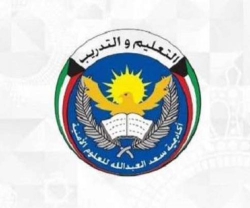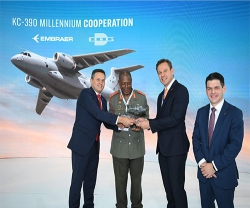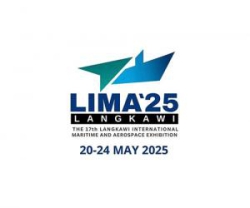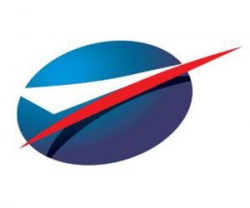The UAE Space Agency Advisory Committee today held its third two-day periodic meeting in Abu Dhabi, to discuss the latest developments in the national space sector, its current and future projects, and means of utilizing the latest scientific and technological knowhow and human capital in this field.
The meeting was headed by Dr. Ahmad bin Abdullah Humaid Belhoul Al Falasi, Minister of State for Higher Education and Advanced Skills and Chairman of the UAE Space Agency, in the presence of Dr. Mohammed Nasser Al Ahbabi, Director-General of the Agency, and several officials, managers and engineers.
In his opening speech, Dr. Al Falasi highlighted the importance of the agency’s key future projects and its strategic international role in promoting the UAE’s stature as an advanced country in the area of space science.
The committee then witnessed a presentation by Dr. Al Ahbabi about the latest developments in the UAE Space Agency and the national space sector, as well as the “Emirates Mars Mission,” before discussing the latest updates on the “Mars 2117,” “Mars Science City” and “UAE Astronaut Program” projects.
Dr. Mohammed Nasser Al Ahbabi also spoke about the manned space flights and the means of providing research and development abilities supporting these projects as well as the best methods of ensuring cooperation at the international level.
The Committee worked on evaluating a number of future projects in terms of feasibility and funding mechanisms in accordance with relevant international regulations. It also explored national research studies in universities to provide these projects with qualified manpower and technology in order to achieve the desired goals and succeed.
The Committee also discussed the Space Agency’s future in light of the new factors, which affect their role directly, such as commercial companies taking over some of their roles and the prominence and development of artificial intelligence for space exploration.
Dr. Al Falasi asserted that the UAE Space Agency is working on ensuring knowledge exchange and transfer through cooperation with the best international expertise to help supplement international efforts in the field of space exploration and place the UAE on the map with advanced countries in the various space fields.
Dr. Farouk El-Baz, also Director of the Centre for Remote Sensing at Boston University, told WAM that the UAE’s space programs, including the planned launch of the first Arab probe to Mars by 2021, known as Emirates Mars Mission, are beacons of hope for Arabs to blaze a trail and achieve distinction in this domain.
El-Baz said that humanity will benefit from the UAE’s space programs which will in no uncertain way “promote the country’s regional and international stature.”
He added that the UAE has implemented an integrated and ambitious project to reach and explore the Red Planet, and is sparing no effort to develop the space sector by training its nationals as per the latest international standards. He cited the launch of the “KhalifaSat” as a testament to the advanced capabilities now boasted by Emirati engineers.
El-Baz further stressed that the UAE is making long strides across all areas of life, including science, technology and space, to ensure happiness and social welfare for its citizens and residents alike.
The establishment of the UAE Space Agency and the planned launch of the first Arab and Islamic probe to Mars is a major step forward by the UAE in areas of space sciences, which, Dr. El-Baz said, will help encourage and train future generations to achieving scientific and technological developments, conducting scientific research, and spreading awareness about the paramount importance of this field to various aspects of life.

